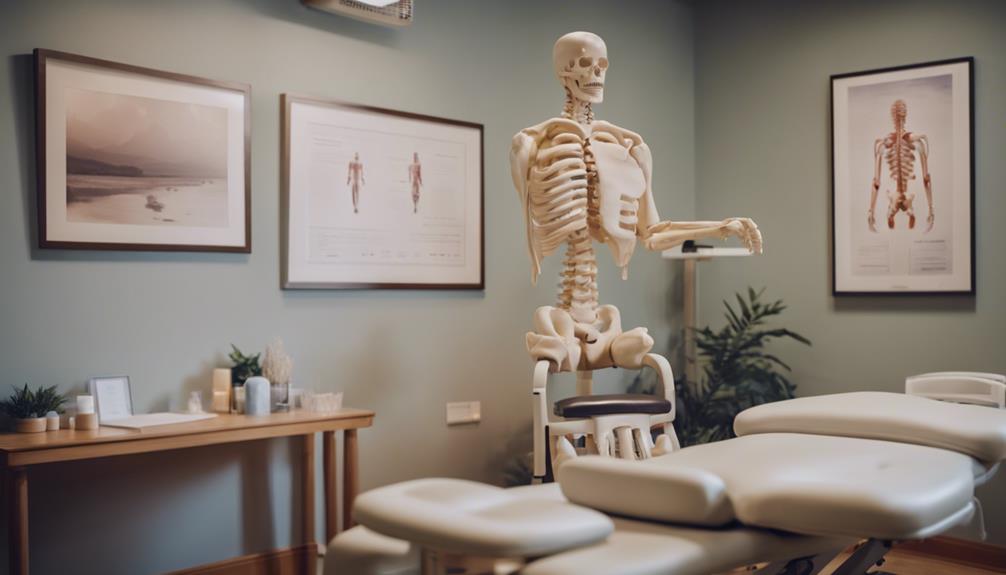Your Trusted Doctor: A Guide to Choosing the Right One
What Makes a Great Doctor?
A great doctor is not merely defined by their medical knowledge but also by their ability to connect with patients. Empathy, communication skills, and a genuine desire to help are essential traits that set an outstanding doctor apart. When searching for a healthcare provider, patients should consider these qualities to ensure they receive comprehensive care. A great doctor listens carefully to their patients, making them feel valued and understood. This relationship can lead to better health outcomes, as patients are likely to follow medical advice when they trust their provider. Look for doctors who encourage dialogue, answer questions thoroughly, and respect their patients’ preferences.
The Role of a Doctor in Preventive Care
Doctors play a crucial role in preventive care, which is vital for maintaining long-term health. Regular check-ups, screenings, and vaccinations can prevent diseases before they occur. A proactive approach to health not only improves the quality of life but can also reduce healthcare costs associated with treating chronic conditions. Patients should consult their doctors about routine exams and tests pertinent to their age and health history. Preventive care encompasses various aspects, from lifestyle counseling to early detection of serious illnesses. Engaging in preventive measures, guided by a knowledgeable doctor, empowers patients to take control of their health.
How to Choose the Right Doctor for You
Selecting the right doctor is an important decision that affects your health. Start by identifying your healthcare needs, such as specialists for chronic conditions or family care providers for general health. Seeking recommendations from family and friends can provide insights into a doctor’s quality of care. Online reviews and ratings are also helpful resources but should be considered alongside personal recommendations. Additionally, consider the doctor’s credentials, experience, and communication style. It’s essential that patients feel comfortable discussing sensitive issues, so scheduling an initial consultation can help gauge compatibility. Trust and comfort with your doctor are paramount for a successful healthcare relationship.
The Importance of Building a Doctor-Patient Relationship
A strong doctor-patient relationship is essential for effective healthcare. Trust between a patient and their doctor can significantly influence treatment outcomes and patient satisfaction. When patients feel comfortable discussing their concerns, symptoms, and fears, they are more likely to follow treatment plans and attend necessary follow-ups. This dialogue fosters a collaborative atmosphere, allowing the doctor to tailor interventions that suit the patient’s unique circumstances. Furthermore, continuity of care with the same doctor can enhance familiarity, making appointments less daunting and more productive. Building this relationship takes time but is invaluable for a patient’s overall health journey.
Understanding Your Doctor’s Specializations
Doctors specialize in various fields, and understanding these specialties can help patients make informed decisions about their healthcare. General practitioners handle routine care, while specialists, such as cardiologists or orthopedists, focus on specific areas of medicine. Each specialty has unique training and skills, which are crucial for diagnosing and treating particular conditions. Patients should not hesitate to ask their doctors about their relevant experience and how it pertains to their health issues. Knowing when to consult a specialist can be pivotal for accurate diagnoses and effective treatment plans. Understanding these roles within healthcare is key to navigating medical challenges.
The Evolution of the Doctor’s Role in Modern Healthcare
The role of the doctor is continually evolving, especially in an era of rapid technological advancements and changing patient expectations. Telemedicine has transformed how doctors interact with patients, allowing for virtual consultations that increase accessibility. Additionally, the emphasis on holistic health has prompted doctors to consider not only physical ailments but also mental and emotional wellness. This shift has led to increased collaboration among healthcare professionals, promoting a more integrated approach to patient care. As healthcare continues to evolve, doctors must remain adaptable, embracing new practices while maintaining a patient-centered focus that prioritizes well-being.
Questions You Should Ask Your Doctor
When visiting your doctor, asking the right questions can enhance your understanding of your health and the treatment process. Patients should feel empowered to inquire about their diagnosis, treatment options, and possible side effects of medications. Questions regarding lifestyle changes, preventive measures, and available resources also foster active participation in one’s health journey. Moreover, discussing the rationale behind a specific treatment plan can help patients feel more confident in their choices. Clear communication between the patient and doctor leads to better adherence to treatment protocols and encourages patients to take charge of their health.
The Future of Doctor-Patient Interactions
Looking ahead, the dynamics of doctor-patient interactions are expected to change dramatically, influenced by advancements in technology and patient empowerment. Innovations such as artificial intelligence, wearable health technology, and personalized medicine will reshape how care is delivered. Patients are increasingly seeking proactive involvement in their healthcare decisions, advocating for transparency and comprehensive information. This cultural shift calls for doctors to adopt more collaborative practices that prioritize shared decision-making. Ultimately, as technology
